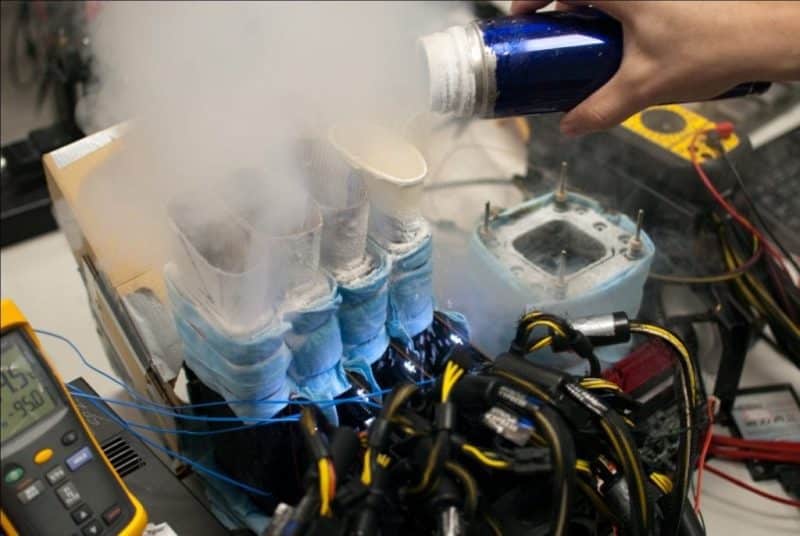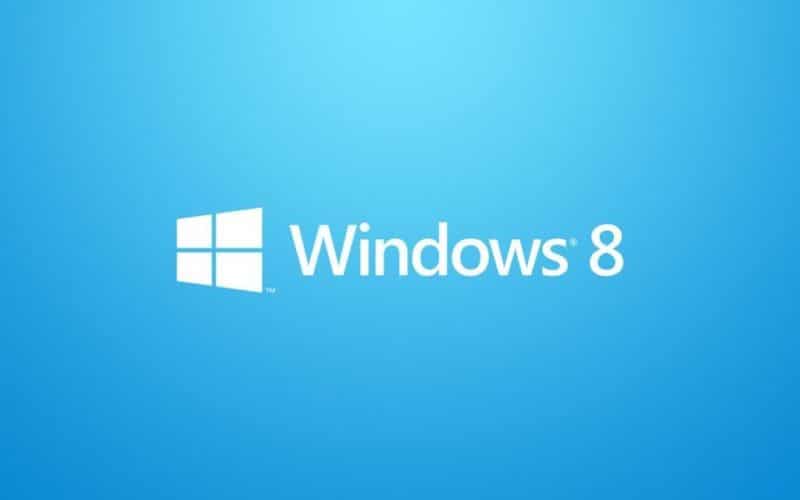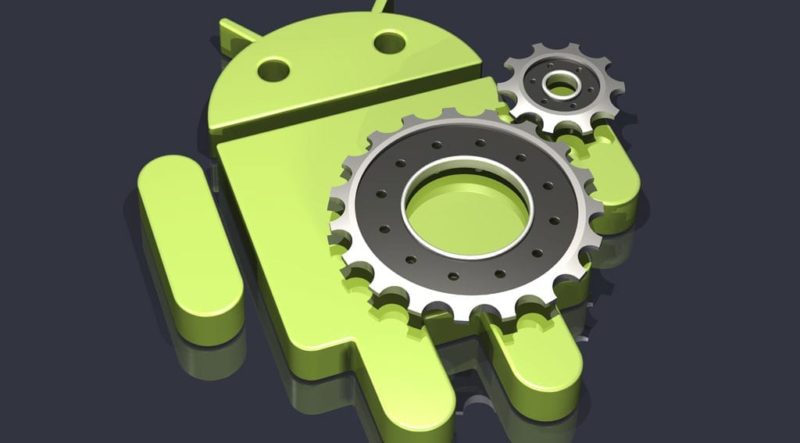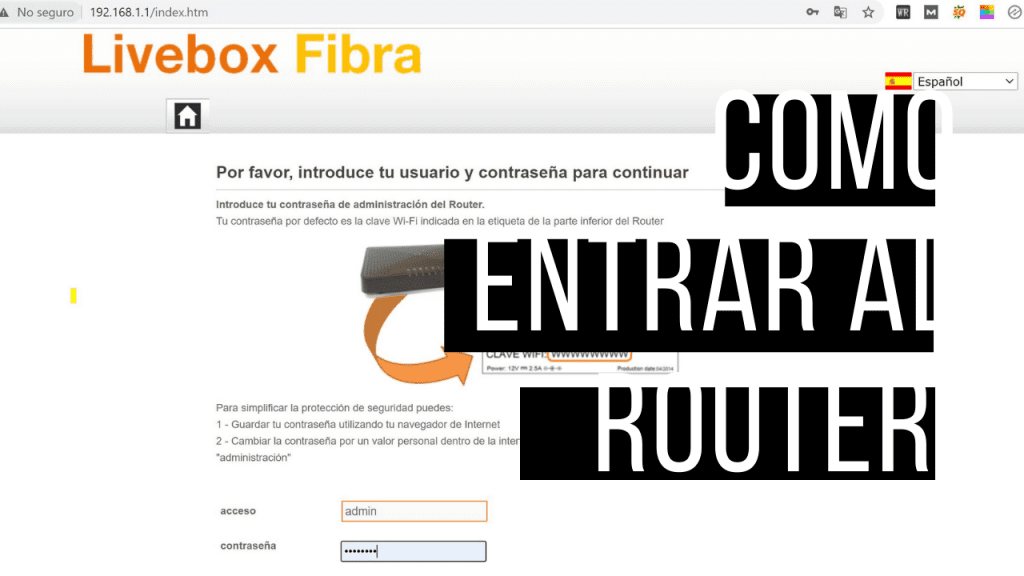We often like to explain the operation of certain computer components with the aim that all our readers have basic notions about the management of a tool that is part of our daily lives. Therefore, on this occasion and after knowing some key aspects related to the operation of our team, we are going to get Let's get to work to explain what overclocking is.
Article Content
Before starting
But before starting we want to advise you to take a look at the articles related with hardware that we wrote previously, since it can be helpful when delving deeper into the functioning of our team.
These are the ones you shouldn't miss:
- What is the motherboard of a computer
- What is the power supply of a computer
Once these are known basic components of our team, it is time for us to meet other advanced concepts as is the case of overclocking.
What is overclocking, what is it for and what dangers does it present?
Below we are going to define this process in addition to finding its most interesting uses and, of course, knowing the dangers of overclocking, something essential before proceeding.
What is overclocking or OC
Overclocking is a concept that we have most likely heard on some occasion, and it is neither more nor less the process through which we achieve maximize the clock speed of certain components of our PC such as the CPU, GPU or even the Graphic card.
This system is used to achieve much higher yields to the standard ones that the devices come with when we buy them, or even to be able to squeeze something more out of a computer that already has several years behind it.
What is overclocking for?
As time goes by, our components become too small for the new ones. requirements for both programs and games. Therefore, it is possible that we use a computer that does not perform as it should, which makes us think about purchasing a new one to be able to move fluently.
However, with overclocking we will have the possibility of slightly increase the useful life of the components before discarding them, since what we do is force them to get a higher performance.
However, this process obviously has its negative points that we will discuss below.
The dangers of overclocking
One of the main dangers What we can consider is the fact that this process will cause the overlocked component operate at higher performance, which obviously translates into greater overheating.
For this reason and if we do not want to burn it, we will have to refrigerate as much as possible, which may mean the need to replace the fan or even opt for liquid cooling.
On the other hand, if the component is in a, when overclocking we must be clear that we will automatically lose it.
The best we can do if we are novice is to try with a old pc that we don't need, increasing speed little by little gradually and checking that the work sigue stable, since a very sudden rise can lead to instability y problems with equipment.
Industrial Engineering student and lover of writing and technology, for several years I have participated in various pages with the aim of always keeping myself informed of the latest trends and contributing my grain of sand in this immense dissemination network that we know as the Internet.






